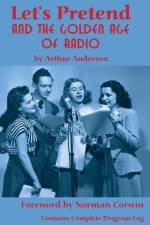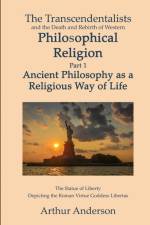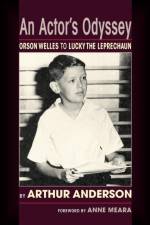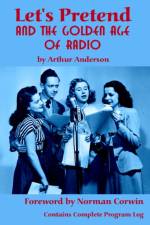von Arthur Anderson
46,00 €
Let's Pretend actually went under a different title and slight variations of formats before settling down to the now-familiar children's program heard today through surviving recordings. On October 27, 1928, a Saturday morning children's program offering whimsical tales of fantasy and fairy tales premiered under the title of Aunt Jymmie and Her Tots in Tottyville. Very little is known about this program except for the format. The hostess of the series (Aunt Jymmie) would introduce each week's drama to the juvenile audience, which would be enacted by a cast of young children known as "the tots." The young "tots" would then travel to Tottyville, a make-believe world of king and queens, princesses, witches and magic spells. This series lasted for eighteen broadcasts from October 27, 1928 to February 23, 1929, originating from the WABC studio in New York City, the flagship station for CBS.Aunt Jymmie was replaced by a second children's radio program known as The Children's Club Hour with Howard Merrill. Merrill functioned as both the host and the scriptwriter. Later, during the 1940s, Merrill would write scripts for The Gay Nineties Revue, Secret Missions, and detective series such as Sherlock Holmes, Leonidas Witherall and the Abbott Mysteries. Just as the title suggests, The Children's Club Hour also featured fairy tales enacted by juvenile cast members, but why the word "hour"; is in the program's title is not all too clear - the program was only on the air for a thirty-minute time slot.After seventeen broadcasts of The Children's Club Hour, the time slot was handed over to Estelle Levy and Patricia Ryan who created a third Saturday morning children's program, this one titled The Adventures of Helen and Mary. Third time was the charm. The Adventures of Helen and Mary has been documented in encyclopedias such as John Dunning's On the Air as the forerunner of Let's Pretend, and this statement is correct but it should be known that Aunt Jymmie and the Children's Club Hour programs were not previous incarnations of Let's Pretend. The producers, directors, cast and staff of those two previous were totally different programs. The only similarity was the fact that they both offered renditions of fairy tales for young radio listeners.The Children's Club Hour began on March 2, 1929. The exact date of the final broadcast of The Children's Club Hour is June 22, 1929. The first broadcast of The Adventures of Helen and Mary was June 29, 1929. The Adventures of Helen and Mary was very successful and was heard for a total of 229 broadcasts.Interesting trivia: For a very brief time during December 1930 and January 1931, the name of the program changed from The Adventures of Helen and Mary to Land O' Make Believe. There is no evidence explaining why the program changed its title for the few brief weeks and back again and it's not clear how many broadcasts went by the name Land O' Make Believe. After 229 broadcasts, Nila Mack, who by then was heavily involved with the program, took over the reins and changed the title from The Adventures of Helen and Mary to Let's Pretend. (Anyone slightly confused can recall the example of how Counterspy and David Harding, Counterspy are the same program, it's just that the title changed over the years.)"The best book about radio I've read since Mary Jane Higby's Tune in Tomorrow. You have made the whole golden age of radio come alive."- Ron Lackmann, author





